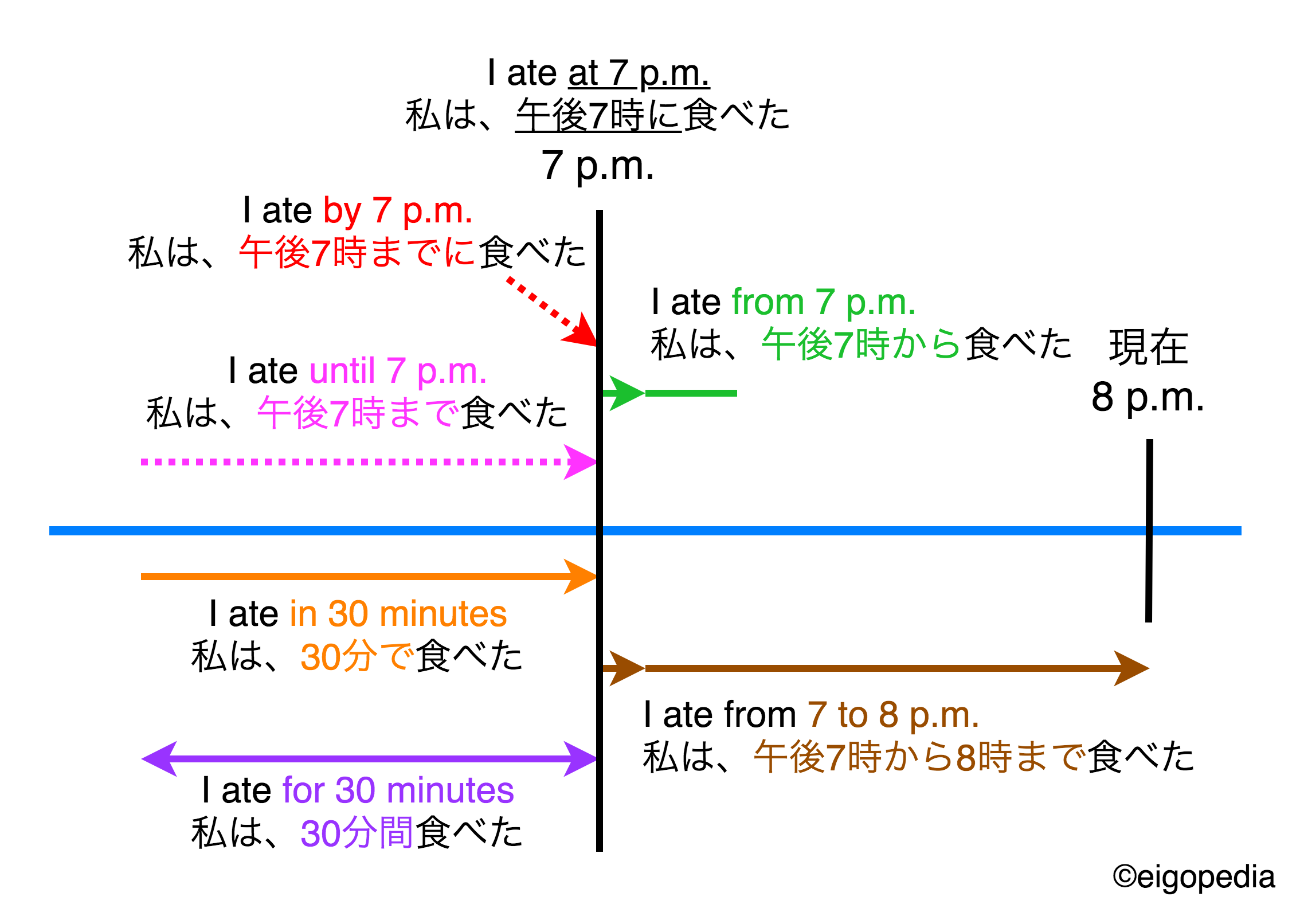どちらも正しいです。「than」の品詞(前置詞、接続詞)により続く単語が決まります。
「than」が前置詞として使用される場合、「than」の後には目的語の名詞「me」のみが続きます。
He is taller than me.
「than」が接続詞として使用される場合、「than」の後には節(主語 + 動詞)が続きますが、この場合、節「I am」の動詞「am」は省略されることが多いです。
He is taller than I (am).
※「am」が省略されています
口頭では、「than me」の方が「than I」よりよく使用されます。
難易度:7/10
関連リンク:「than」と「then」の発音に違いはありますか?

